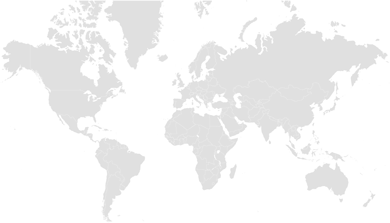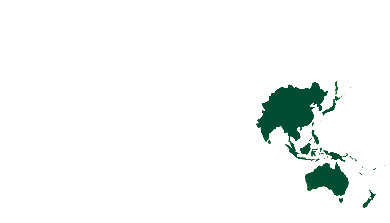Case study
2024 • Swiss Federal Institute of Aquatic Science and Technology (Eawag) FORWARD – Advancing resource recovery in Indonesia with black soldier fly technology
The From Organic Waste to Recycling for Development (FORWARD) project is a research and development initiative implemented in Indonesia. It focuses on valorizing municipal organic waste through Black Soldier Fly (BSF) larvae-based waste treatment technology. The project aims to transform market waste into valuable products like animal feed, compost, and starter kits. Funded initially by SECO, the project is now a proof-of-concept operation, integrating BSF technology for sustainable organic waste management in Sidoarjo, East Java.
Recovered Materials & Products
Nutrients
Compost
Black soldier fly larvae
Waste Streams
Organic solid waste
Confirmed countries
Sweden


Background and Context
Location: Sidoarjo, East Java, Indonesia.
Resource Stream: Organic solid waste, primarily fruit and vegetable waste.
Challenges: Sidoarjo generates 1,600 tonnes of household waste daily, with less than 25% collected. Approximately 60% of municipal solid waste is organic. High waste generation rates, inadequate collection infrastructure, and environmental concerns from improper waste disposal prompted the need for innovative solutions.
Technologies/Methods Used
- BSF-Based Waste Treatment: Black Soldier Fly larvae consume organic waste, reducing its volume and converting it into high-value outputs such as larvae for animal feed and compost for soil conditioning.
- Integrated Waste Treatment: Includes shredding, moisture optimization, and stacked tray reactor systems for efficient larval growth and waste breakdown.
- Valorization of Residues: Waste residues are composted, creating nutrient-rich fertilizers. Starter kits are produced to enable other facilities to replicate the process.
Implementation Steps
Eawag partnered with SPROUT, an EU-funded initiative, to improve the design and operation of BSF units, enhance product safety, and evaluate environmental impacts. A medium-scale pilot plant capable of processing 3 tonnes of waste daily was constructed at Puspa Agro, a wholesale market in Sidoarjo. Efforts to align operations with local demand for protein-rich animal feed and compost were supported by favorable policies encouraging organic waste valorization.
Outcomes and Impacts
- Environmental Gains: Reduced organic waste volumes and minimized methane emissions. The BSF process generates 70% less CO2 than composting.
- Economic Benefits: Creation of local employment and marketable products like animal feed and compost. Training packages provided at the facility generate significant revenue.
- Social Contributions: Knowledge-sharing activities and training programs have empowered local stakeholders and increased awareness about sustainable waste management.
Lessons Learned
The success of the FORWARD project underscores the importance of institutional support, robust funding, and favorable climatic conditions for BSF operations. Ensuring consistent waste input and aligning products with market demand are critical for achieving economic viability. However, running below capacity remains a challenge, potentially limiting environmental benefits and profitability.
Learn more
This case study is extracted from the publication linked below: "Global Experiences on Waste Processing with Black Soldier Fly (Hermetia illucens): From Technology to Business, Joly, G., Nikiema, J. (2019)"
https://www.susana.org/knowledge-hub/resources?id=3733
Technologies
Composting
Themes
Capacity building
Technologies